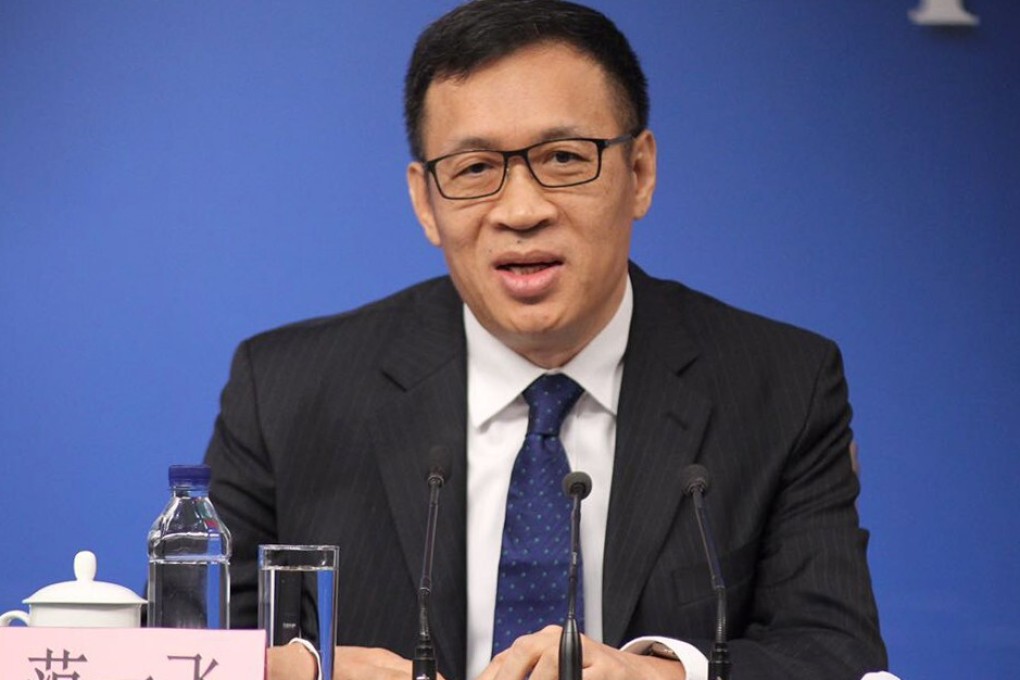China to ‘deepen’ antitrust probe into mobile payment sector despite ‘interim progress’
- The People’s Bank of China (PBOC) supports platforms to focus on their core businesses and innovation, said deputy governor Fan Yifei on Friday
- WeChat Pay and Alipay dominate mobile payment in China, with non-banking agencies handling 294.6 trillion yuan (US$45.6 trillion) worth of transactions last year

China’s central bank will “deepen” its antitrust investigations into the mobile payment sector, which has been dominated by a few private financial technology firms, despite “interim progress” made in the last year, its deputy governor said on Friday.
Beijing has enhanced the regulation surrounding Big Tech companies and has indicated a continued clampdown amid the country’s prolonged de-risking strategy.
“The antitrust actions in the payment sector need to deepen,” Fan Yifei told China Payment and Clearing Forum in Beijing. “The central bank will persistently urge platform companies to rectify their payment businesses.”
Mobile payments are one of the most visible parts in China’s fast-growing digital economy, which rose by 9.6 per cent to US$5.4 trillion last year to become the world’s second largest only behind the United States.
The central bank will support platforms to focus on their core businesses and innovation, but firmly oppose their disorderly expansion, unfair competition, data misuse and other violation of consumer interests
Big Tech companies have been under scrutiny since last year in the name of risk prevention, antitrust, national security or privacy concerns after the Central Economic Work Conference in December mentioned curbing the disorderly expansion of capital for the first time.